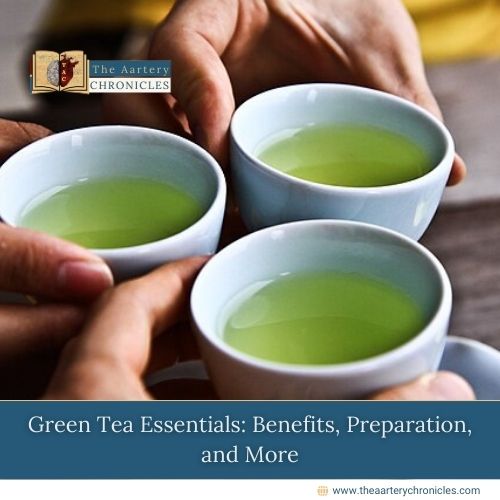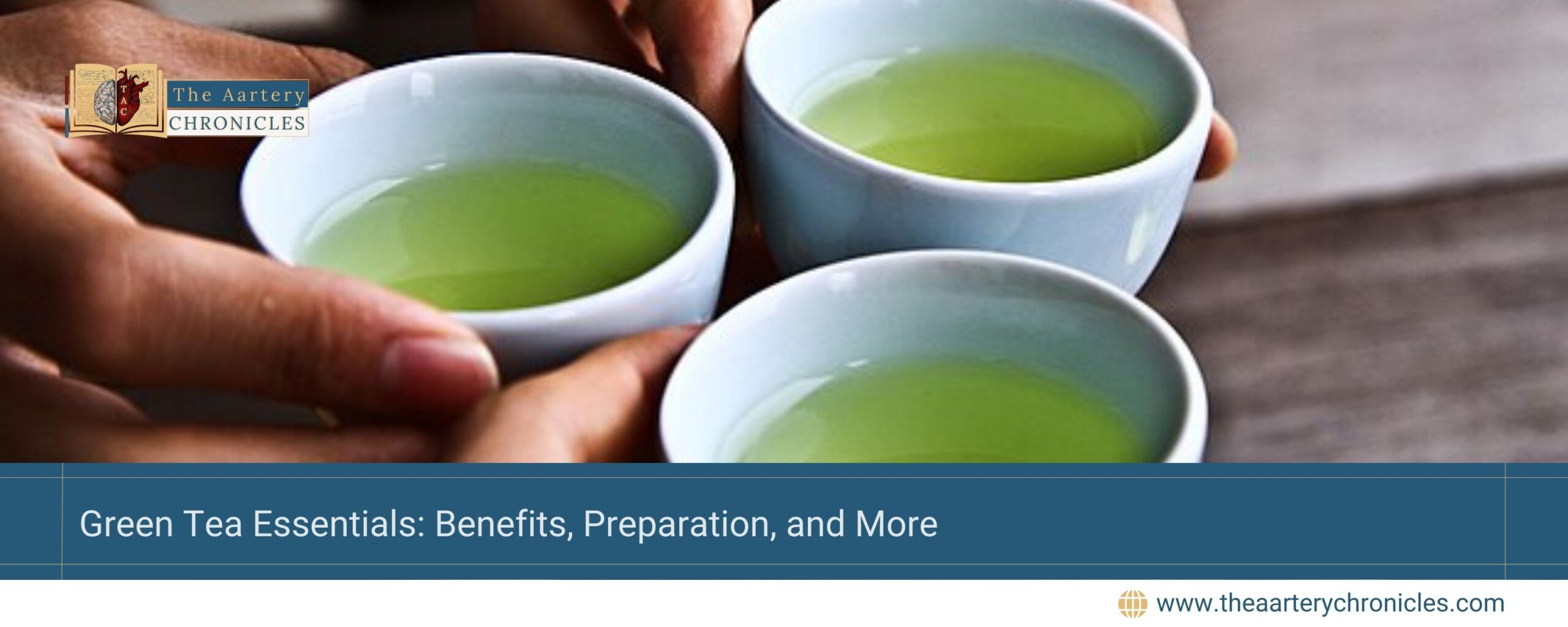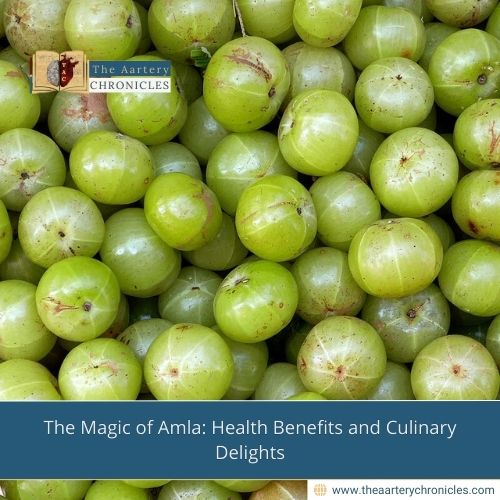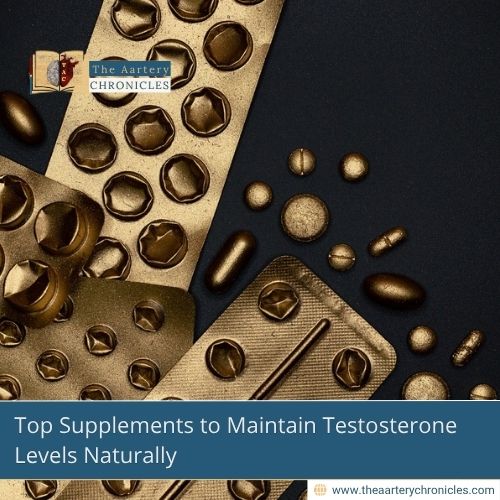

Green Tea Essentials: Benefits, Preparation, and More
Introduction
Green tea is a multi-faceted beverage and has its origins back in history. For the unversed, green tea is derived from the plant Camellia sinensis (Latin) and is a tea/beverage or dietary supplement that is beneficial for digestion, and mental alertness, provides relief from headaches and may aid in weight loss. Camellia sinensis is the earliest and most prominent beverage of all time. It is best consumed without milk or sugar.
Unlike black tea, green tea does not undergo the oxidation process, which preserves its healthy antioxidant properties. After harvesting, the green tea leaves undergo the process of steaming/ pan frying/heat drying which retains their natural nutrients.
Benefits: The wonders of consuming green tea
Green tea leaves are loaded with flavonoids called catechins. In addition, the polyphenol present in them acts as an antioxidant. This is further fortified by the presence of high levels of epigallocatechin -3 gallate (EGCG) which is anti-inflammatory and reduces inflammation caused by free radicals that damage our cells.
Let us see some of the benefits of drinking green tea.
- Fights viruses: Green tea consumption is known to fight viruses thereby strengthening our weakened immune system. It kills bacteria and protects us against viruses in addition to lowering the risk of infections.
- Oral health: Green tea is known to prevent the growth of odour-causing gases in our mouth, thereby keeping bad breath away. It also prevents tooth decay and reduces plaque and bacteria.
- Metabolism boost: Green tea is known to boost our metabolism, keeping us energized for longer periods. The compounds present in green tea slow down the release of carbohydrates which leads to enhanced energy levels. It accelerates the burning of fats in our bodies.
- Lower blood sugar: Green tea is known to impede the movement of glucose thereby checking the storage of energy as fat in our body. The L-theanine present in green tea may help to prevent diabetes, and improve blood sugar levels in our body as well as insulin sensitivity.
Study: In Japan, ongoing research states that drinking four or more cups of green tea a day lowers the risk (as much as 40%) of dying from complications arising from Type-2 Diabetes.
- Young glow: Green tea is known to possess anti-ageing properties that may slow down our ageing process. As per non-human studies, the polyphenols present in green tea increase collagen production and skin elasticity, thereby reducing wrinkles and giving us a youthful look. It is also found that the application of green tea extract to our skin can help to reduce acne and treat pimples.
- Healthy heart health: Green tea is choc-a-bloc with quercetin and theaflavins – the heart-protecting flavonoids, that vasodilate the blood flow to our arteries and ease the flow of blood in our body. This prevents heart disease and strokes.
- Healthy brain: Green tea is known to contain amino acids – L-theanine and catechins like EGCG, which possess brain-protecting qualities. The caffeine content in green tea greatly improves our mental alertness as well as lowers our stress.
Study: As per a study of middle-aged and elderly adults, it has been observed that those who consumed green tea had a 64% low risk of concentration or memory loss-related issues. This is about 20% higher than those who consume black tea!
Study: As per a study of people who suffer from cognitive decline, it has been observed that green tea consumption lessens the biomarkers (molecules) that lead to Alzheimer’s disease.
- Strong bones: Studies suggest that EGCG and other polyphenols present in green tea improve the density of our bones and reduce bone loss as we age, thereby strengthening our bones.
- Gut health: Green tea is known to reduce inflammation thereby effectively controlling irritable bowel syndrome diseases like Crohn’s disease and ulcerative colitis. It aids in better digestion and gut health.
- Skin health: Green tea slows the growth of skin cells thereby aiding in treating skin conditions like psoriasis and dandruff.
- Combats arthritis: A study published in the journal Arthritis and Rheumatology states that green tea may help to treat rheumatoid arthritis.
- Bye warts: An ointment made of specific green tea extracts called sinecatechins (brand name Veregen) has been approved by the U.S. FDA, as a prescription drug for treatment of genital warts.
- Prevents cancer: EGCG, found in green tea, and the polyphenols have shown promising results in preventing cancers such as breast cancer, lung cancer, prostate cancer, stomach cancer and pancreatic cancer.
- Detoxifying agent: Green tea is a great detoxifying agent as it cleanses our body of toxins and improves our health. It rids our blood of impurities and toxins by eliminating them via the kidneys, intestines, lungs, lymphatic system and skin.
Green tea is known to rehydrate us better than water. Its fat-burning capacity makes us want to exercise longer and aids in reducing blood pressure. It helps to diminish the effect of smoking caused to the lungs of smokers and the liver of alcohol drinkers. All in all, it is indeed a wonderful beverage.
Opinion of a green tea connoisseur
“I have been having green tea regularly for many years now. It is economical, easy to prepare, and refreshing. I feel good and detoxed and have a better appetite. There are no harmful elements in it. I enjoy it immensely”
Advocate M.T. Thacker (Adv. M.T. Thacker & Associates, Vashi, Navi Mumbai).
Caution
It should be noted that green tea should be consumed in moderation. It is advisable for pregnant women, patients with liver ailments, and people with underlying chronic illnesses, to consult their doctor/healthcare professional, before making green tea a part of their diet, as its interaction with their ongoing medication may lead to harmful results.
Consumption
4 cups of green tea per day Is the recommended consumption dosage for an adult.
Preparation
Boil a cup of water, and let it cool for three minutes. Then add the green tea leaves/teabag, and let it sit for three minutes. Tada! your green tea is ready for consumption! The temperature of water should be 180-200 degrees F. If prepared this way, you will find that green tea does not taste as bitter.
Green tea and its extracts have been subject to numerous studies and research but some results are inconclusive. More study is ongoing on this subject.
“Green tea throughout the day is the healthiest thing I’ve discovered for me”- Jessica Chastain.

Ms Rupal Sonpal
Reviewed by Dr Aarti Nehra (MBBS, MMST)








